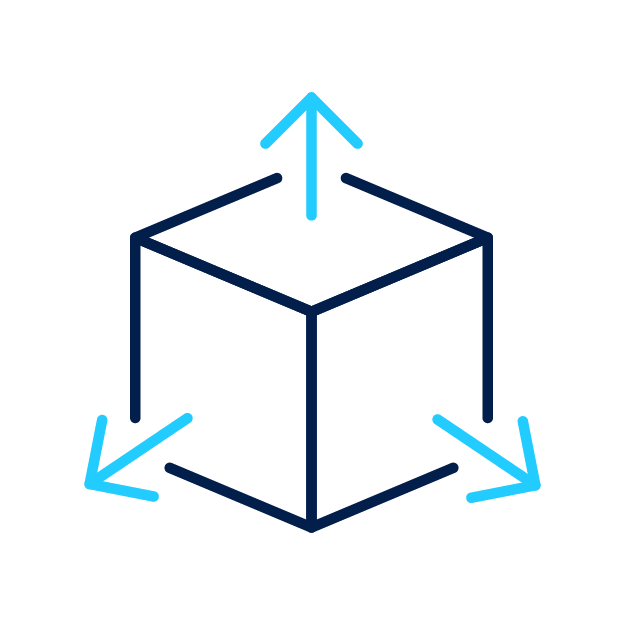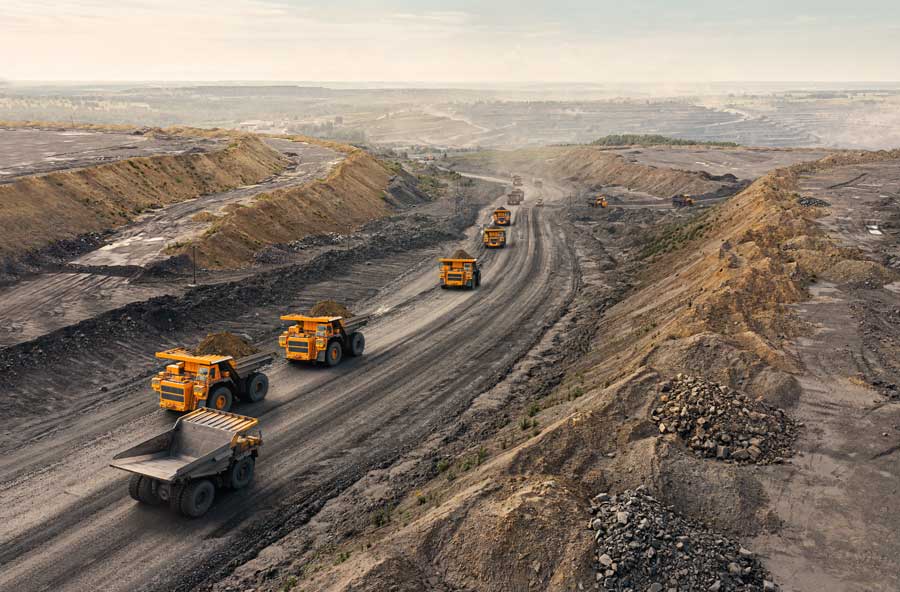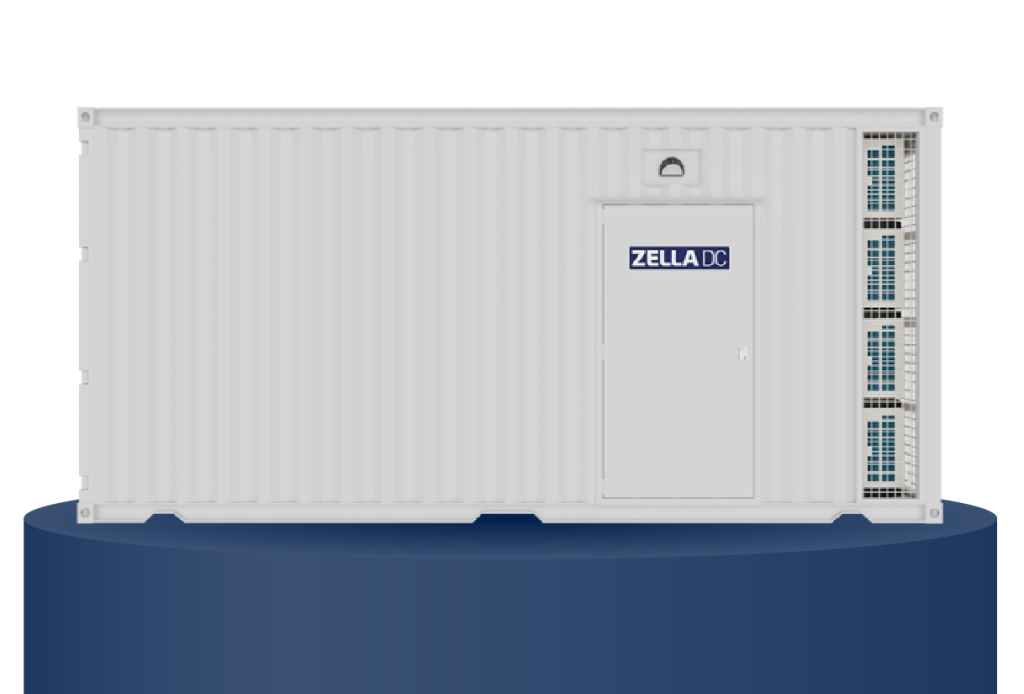SOLUTIONS
What are containerised data centres?
Understanding the basics of containerised data centres
A containerised data centre is a self-contained, portable data centre built inside a standard shipping container. Containerised data centres are designed for rapid deployment and can be placed in various environments, from remote locations to urban settings, without the need for traditional brick-and-mortar facilities.

Key benefits of containerised data centres
Containerised data centres provide a flexible, efficient, and scalable alternative to traditional brick-and-mortar facilities. Designed for quick deployment and easy relocation, they offer businesses a cost-effective way to expand IT infrastructure without the need for extensive construction. Whether operating in remote locations, disaster recovery scenarios, or edge computing environments, containerised data centres deliver high performance, security, and reliability. Below are some of the key benefits that make them a preferred choice for modern IT deployments.

Portability
A containerised data centre can be easily transported and deployed in remote, urban, or temporary locations.

Scalability
Businesses can quickly expand their IT capacity by adding more containers as needed.

Rapid deployment
Pre-configured containerised data centres allow for fast installation and minimal on-site setup.

Energy efficiency
Advanced cooling and power management systems optimise energy use and reduce operational costs.

Enhanced security
Robust physical and cybersecurity features protect sensitive data and critical infrastructure.

Cost-effective
Eliminates the need for expensive construction and reduces long-term operational expenses.
Zella Max - disrupting the containerised data centre market
The Zella Max is a containerised data centre that features the Zella Pro micro data centre. It’s a versatile data storage solution that can be tailored to your needs, quickly and easily deployed to any chosen location.

Traditional containerised data centre vs Zella Max
Containerised Data Centres are becoming increasingly popular due to their flexibility and scalability. Find out how Zella Max is disrupting the containerised data centre market, thanks to its unique proposition.
Applications of containerised data centres
Containerised data centres are designed for versatility and rapid deployment, making them ideal for a wide range of industries and use cases. Their portability, scalability, and resilience allow businesses to establish secure and efficient IT infrastructure anywhere, even in the most challenging environments.

Remote and harsh environments
Industries like mining, oil & gas, and defence require rugged IT solutions that can operate in extreme temperatures, high humidity, and dusty conditions. Containerised data centres provide secure, on-site computing power, reducing latency and ensuring real-time data processing in remote locations.

Disaster recovery and business continuity
Traditional data centres are vulnerable to natural disasters, power failures, and cyber threats. A containerised data centre serves as a mobile backup solution, allowing businesses to restore critical operations quickly and maintain uninterrupted services during emergencies.

Temporary and rapid deployment needs
For industries that require temporary IT infrastructure, such as construction sites, live events, or military operations, containerised data centres offer quick deployment and easy relocation. Once the project is complete, the containerised data centre can be moved or repurposed as needed.

Edge computing and decentralised IT
As businesses shift towards edge computing, containerised data centres enable data processing closer to the source, reducing latency and improving real-time decision-making. This is particularly beneficial for smart cities, telecommunications, and IoT-driven industries.

Expanding IT infrastructure with minimal disruption
Growing businesses or organisations with limited space can use containerised data centres to expand their IT capacity without the need for extensive construction. They provide a cost-effective, flexible, and scalable alternative to planning and building a traditional data centre.
Containerised data centres Frequently Asked Questions
What is the difference between standard containerised data centres and Zella Max?
The Zella Max is available as a 20ft shipping container, designed to house your Zella Pro micro data centres. Since each Zella Pro is a self-contained unit with built-in cooling, power, and security, you can start with just one and expand as needed. This allows for on-demand scalability, enabling a just-in-time approach to capital and cost allocation. Find more information on the difference between standard containerised data centres and Zella Max here.
How many racks can you fit in a containerised data centre?
The number of racks that can fit in a 20ft containerised data centre depends on factors such as rack size, cooling system, power distribution, and accessibility requirements.
Zella Max can fit up to 6 Zella Pro 38.
How quickly can a containerised data centre be deployed?
A containerised data centre can be fully operational within days or weeks, depending on site preparation, pre-configuration, and connectivity requirements, significantly faster than traditional brick-and-mortar data centres.
Can containerised data centres be customised to specific needs?
Yes, containerised data centres can be customised with different rack configurations, power and cooling options, security enhancements, and connectivity solutions to meet specific business and industry requirements.
Zella Max containerised data centre
Zella Max is a fully scalable containerised data centre that features the Zella Pro micro data centre.


